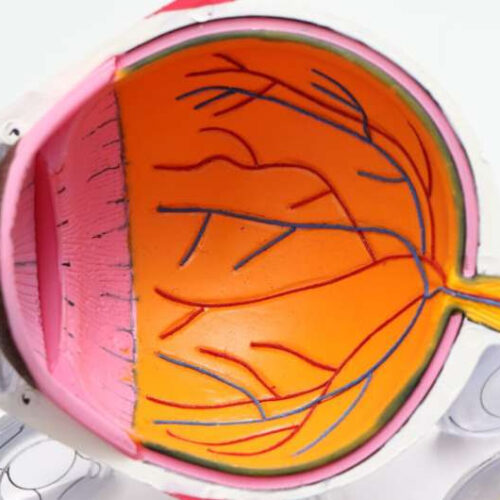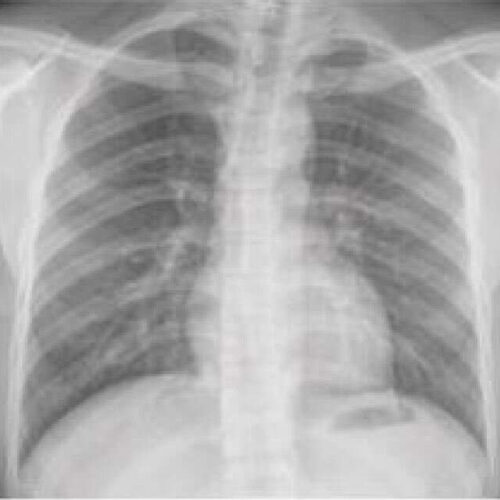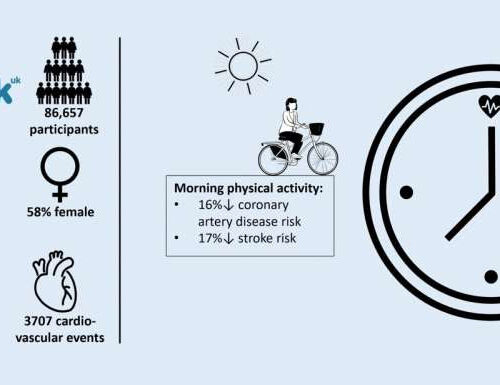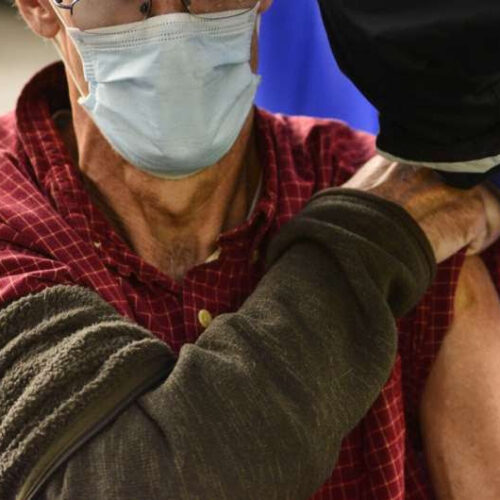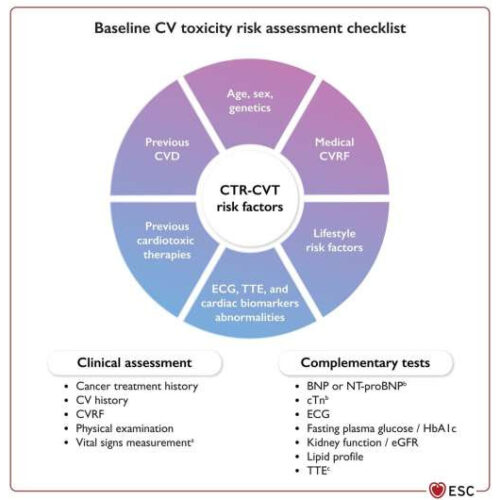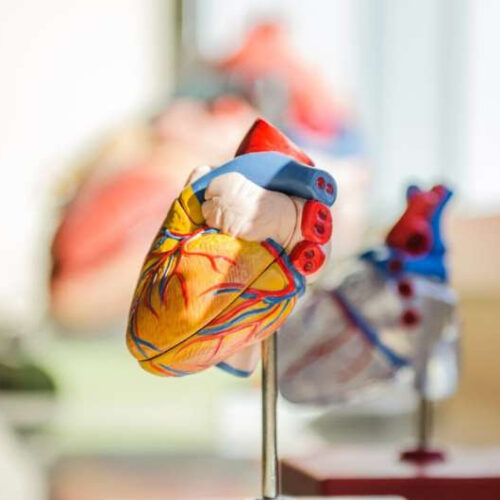by St. George’s University of London Credit: Unsplash/CC0 Public Domain Research led by scientists at St George’s, University of London, has discovered 119 areas in the genome that help to determine the size and shape of blood vessels at the back of the eye, and that an increase in “twisting” of the arteries could cause high...
Tag: <span>heart disease</span>
Can You Eat Cheese If You Have Heart Disease?
Natalie Rizzo, M.S., RD Reviewed by Dietitian Jessica Ball, M.S., RD January 07, 2023 CREDIT: POLINA TANKILEVITCH/PEXELS Cheese is high on many people’s list of favorite foods. But it’s also one of the foods that is suggested to “eat in moderation”, especially for those with heart disease. Cheese has beneficial nutrients, like protein and calcium, as...
AI predicts heart disease risk using single X-ray
by Radiological Society of North America Normal chest X-ray. Credit: Radiological Society of North America Researchers have developed a deep learning model that uses a single chest X-ray to predict the 10-year risk of death from a heart attack or stroke stemming from atherosclerotic cardiovascular disease. Results of the study were presented today at the...
New target in the fight against heart disease
by Medical College of Georgia at Augusta University From left, Qian Ma, PhD, and Yuqing Huo, MD, PhD. Credit: Michael Holahan, Augusta University Soon after cholesterol and fat start depositing on the lining of the blood vessels that supply your heart, the smooth muscle cells that give the blood vessels strength and flexibility start to...
Long-term exposure to air pollution puts teenagers at risk of heart disease
by King’s College London Credit: Pixabay/CC0 Public Domain Long-term exposure to air pollution can increase the risk of high blood pressure in teenagers, a new study has found. The review, published recently in Current Problems in Cardiology, by researchers from King’s College London, looked at eight studies with 15,000 adolescents—children aged twelve and over. Five of...
Morning physical activity is associated with the lowest risk of heart disease and stroke
by European Society of Cardiology Credit: European Journal of Preventive Cardiology (2022). DOI: 10.1093/eurjpc/zwac239 Morning physical activity is associated with the lowest risk of heart disease and stroke, according to a study in more than 85,000 individuals published today in the European Journal of Preventive Cardiology. The findings were consistent regardless of the total amount of daily activity....
Which grains you eat can impact your risk of getting heart disease earlier
by American College of Cardiology Credit: Pixabay/CC0 Public Domain In one of the first studies to examine the relationship between different types of grain intake and premature coronary artery disease in the Middle East, researchers found a higher intake of refined grain was associated with an increased risk of premature coronary artery disease in an Iranian...
Heart disease prevention is particularly important in cancer patients
by Johannes Angerer, Medical University of Vienna Baseline cardiovascular toxicity risk assessment checklist. BNP, B-type natriuretic peptide; cTn, cardiac troponin; CTR-CVT, cancer therapy-related cardiovascular toxicity; CV, cardiovascular; CVD, CV disease; CVRF, cardiovascular risk factors; ECG, electrocardiogram; eGFR, estimated glomerular filtration rate; HbA1c, glycated hemoglobin; NT-proBNP, N-terminal pro-BNP; TTE, transthoracic echocardiography. Including blood pressure, heart rate,...
‘Night owls’ could have greater risk of type 2 diabetes and heart disease than those who are ‘early birds’
by The Physiological Society Credit: CC0 Public Domain Are you an early bird or a night owl? Our activity patterns and sleep cycles could influence our risk of diseases, such as type 2 diabetes and heart disease. New research published in Experimental Physiology has found that wake/sleep cycles cause metabolic differences and alter our body’s preference for...
Sweeteners may be linked to heart disease risk, study suggests
Credit: Unsplash/CC0 Public Domain A large study suggested Thursday that artificial sweetener could be associated with a higher risk of heart disease, however experts urged caution about the findings. Sweeteners are consumed by millions every day in products like diet soda, partly as a way to avoid weight gain from sugar—but the healthiness of these substitutes has...

